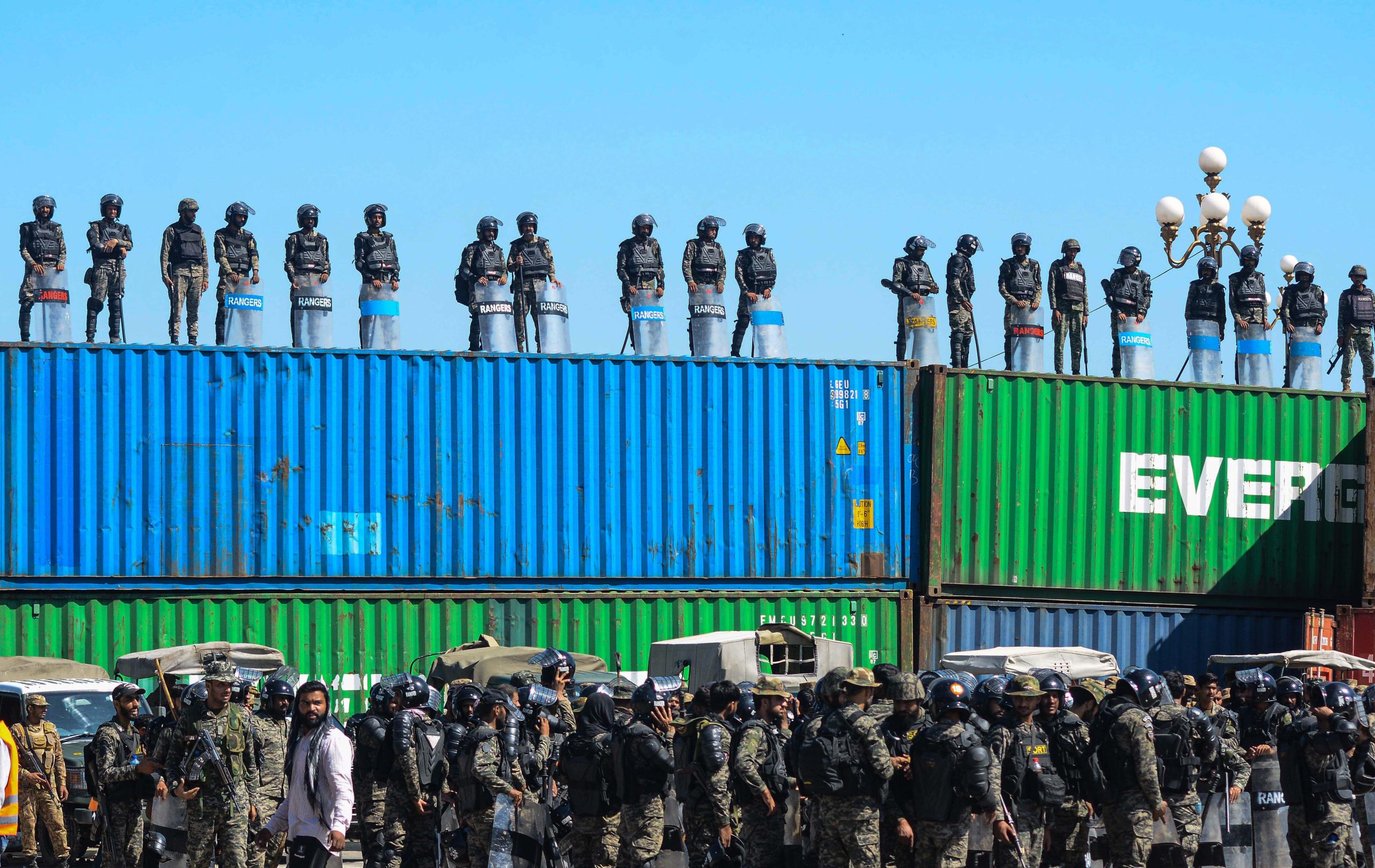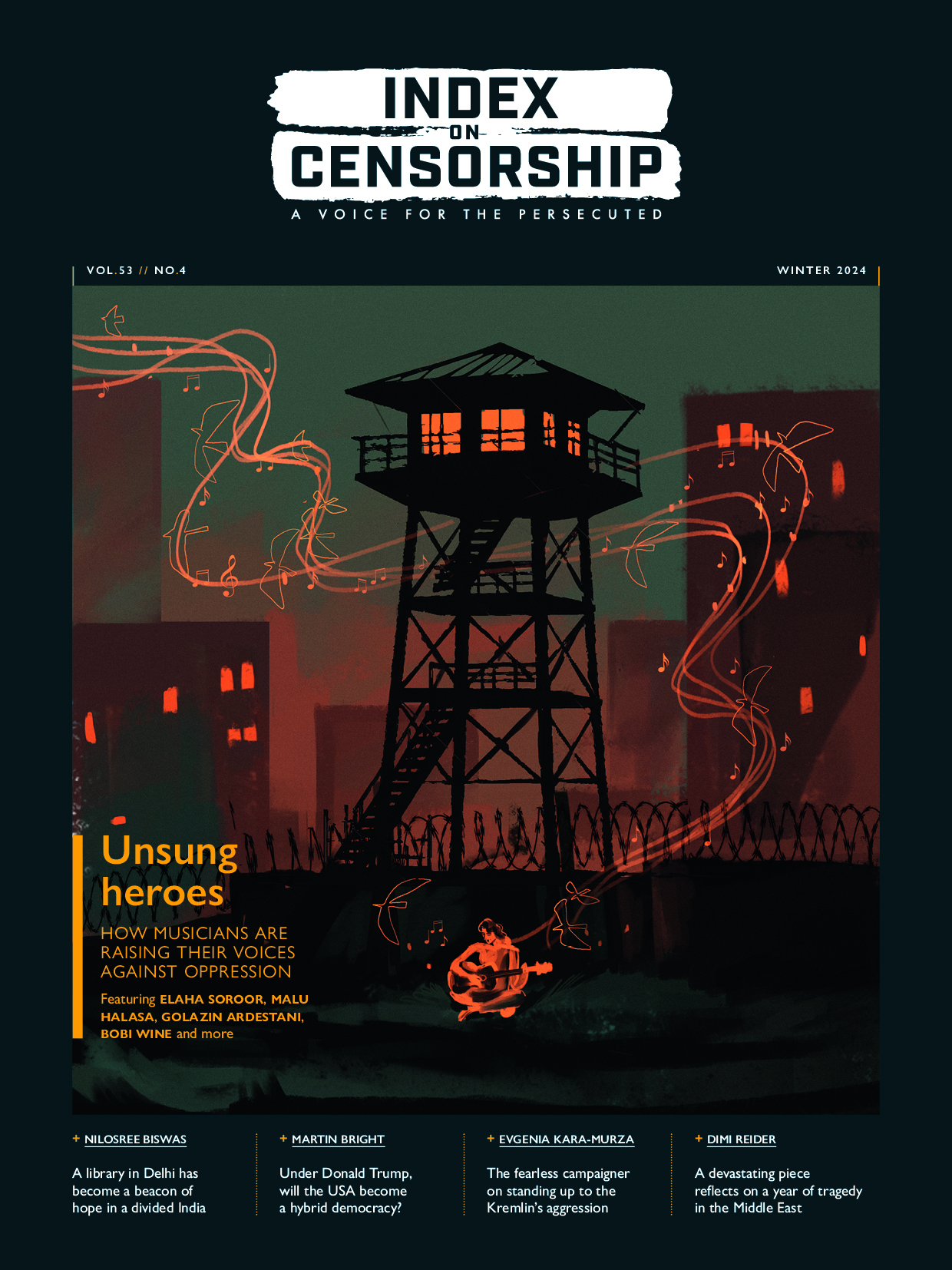China’s Global Times Chinese edition is well known for being a nationalist paper owned by the Communist Party. The Chinese edition is often peppered with official jargon and an attitude to Western countries that can be summarized as a pugnacious China criticizing a west that wants to see China fail.
It is therefore a surprise that today the English edition of the Global Times published an article on the architect of China’s Internet censorship system, colloquially known as the Great Firewall. The Great Firewall, or the GFW, is the filtering device that censors keywords and causes websites to be blocked. The man named Fang Binxing was in the news recently for signing up to China’s Twitter, Sina weibo, and then quickly shutting the account after netizens accused him of being an enemy of netizens.
Fang, a 50-year-old President of the Beijing University of Posts and Telecommunications was born in the cold Northeast, where he also earned degrees and teaching post at the prestigious Harbin Institute of Technology. Then at the age of 39 he turned to work for the “National Computer Network Emergency Response Technical Team” (according to the Global Times article). Various accolades from government bodies and a post at the National University of Defense Technology put Fang into the political mainstream. In this rare and astounding interview he says that he developed the GFW technology as a defense tool, something that can protect China from harm caused by foreign forces. To illustrate this point, in the interview he gave he said:
“Some countries hope North Korea will open up its Internet,” he says. “But if it really did so, other countries would get the upper hand.”
Because of the high traffic that the article has generated, the journalist who interviewed Fang Binxing, Fang Yunyu (unrelated) told me tonight in Beijing that she was afraid of the impact that it was having. By 6:30pm, both the Guardian and LA Times had reposted content from the article, with supplementary reporting on the “Father of the Great Firewall”. For a state paper, too much controversy wasn’t good, especially when it reflected negatively on the country.
Today, when I asked Zola, a prominent citizen journalist and internet specialist, whether he thought of Fang Binxing as an enemy, and why he thought Fang would give an interview to the Global Times, he told me:
I think Fang Binxing is an enemy of the netizen: he blocks websites, helps the government control information, disrupts emails, and increases the capital for netizens to go online [because they have to purchase proxies and VPNs]. Also, the people did not give him this power. If I had the right to vote, I would vote against Fang Binxing.
He agreed to the interview by the Global Times English edition because it’s a domestic paper, so perhaps he thought it would be safe. But we think that the English edition actually has less limitations in terms of news and speech, and compared to the Chinese edition it is more to the point.
Indeed, this time, Global Times English edition hit the nail on the head, and despite journalist Fang Yunyu’s worries, the article has its interview subject has hit the mainstream. On Chinese platform Yeeyan, a translation of the article has already appeared. One user calling himself Shen Yichen, leaves a comment: “This post will be on fire soon, so leave a comment to make a mark.”





